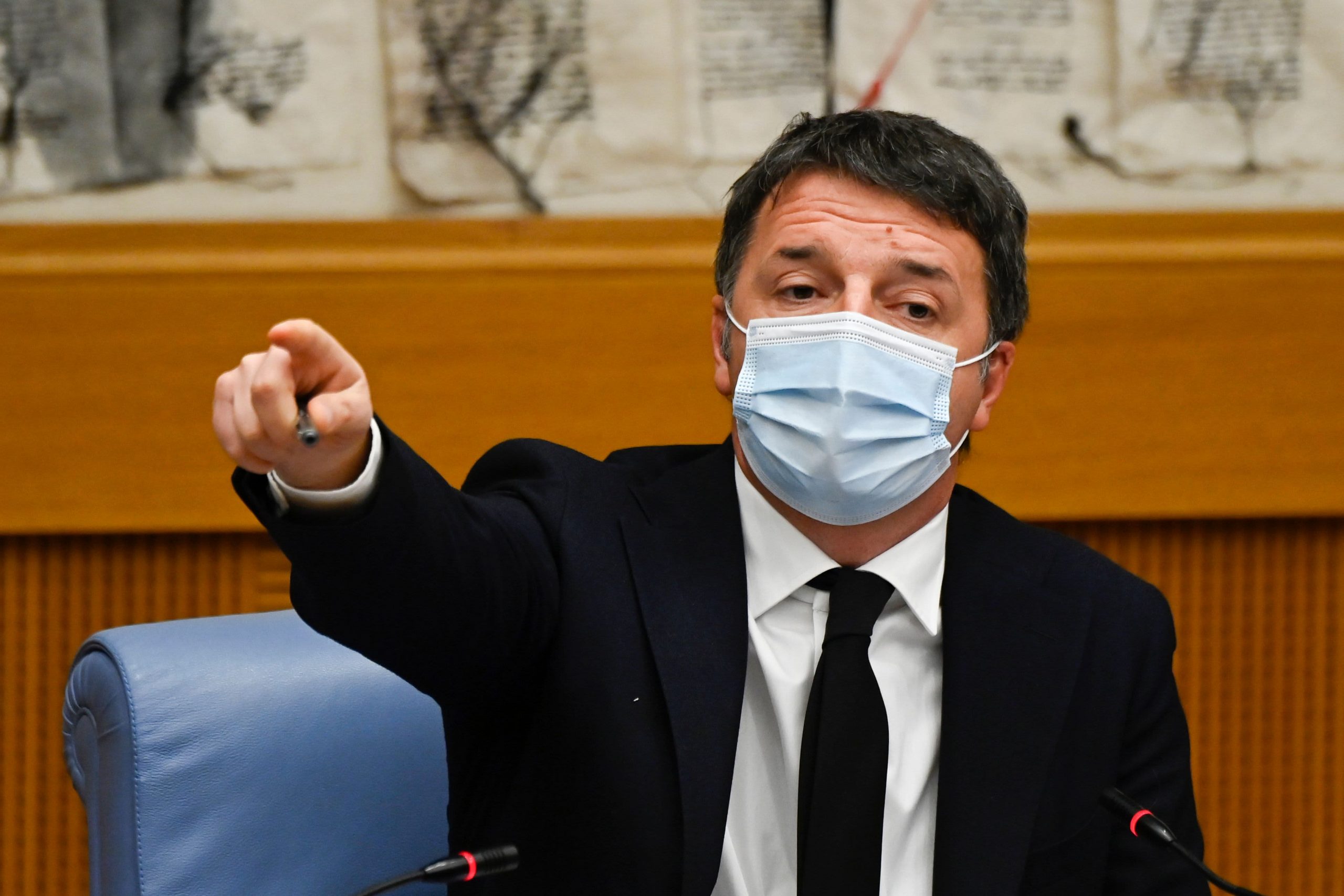The current Italian Senator, former Prime Minister and head of the political party ‘Italia Viva’ (IV), Matteo Renzi holds a press conference on January 13, 2021 at the Italian House of Representatives in Rome.
Alberto Pizzoli | Agence France-Presse | Getty Images
On Wednesday, former Italian Prime Minister Matteo Renzi announced his intention to withdraw his centrist party from the ruling coalition, pushing the country back into political chaos as it grapples with a resurgence of the Coronavirus.
Speaking at a long-awaited press conference, Renzi said that two ministers from his “Italia FIFA” party will resign. It leaves the government without a majority in Parliament and on the verge of collapse.
Support from Renzi’s party was crucial to the survival of the coalition led by the anti-establishment Five Star Movement and the center-left Democratic Party.
Earlier in the day, Prime Minister Giuseppe Conte said he hoped Renzi would not pull his ministers from the cabinet, warning that the country would not be able to understand why the government was collapsing amid the ongoing health crisis.
The Five Star Movement and the Democratic Party also urged Renzi to preserve the unity of the ruling government at a time when the country is trying to vaccinate citizens and prevent the economy from deteriorating further.
The southern European country is no stranger to political conflicts, tensions and scandals. The tiny majority in Rome has led to more than 60 governments since World War II.
However, the recent political row comes at a particularly painful moment, as the number of coronavirus infections and deaths in Italy is currently among the highest in Europe. The dispute centers on EU funds and how they will restart the Italian economy after the pandemic.
To date, Italy has recorded 2.3 million cases of Covid-19 and 79,819 deaths, according to data compiled by Johns Hopkins University.
The country’s GDP is expected to decline by about 10% in 2020.

“Zombių evangelistas. Mąstytojas. Aistringas kūrėjas. Apdovanojimų pelnęs interneto fanatikas. Nepagydomas interneto fanatikas”.





